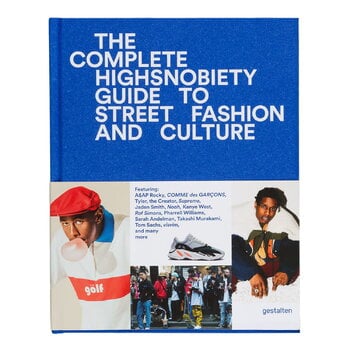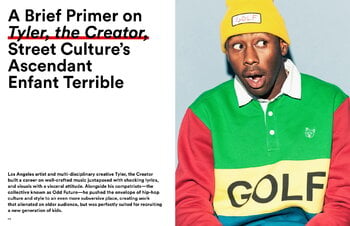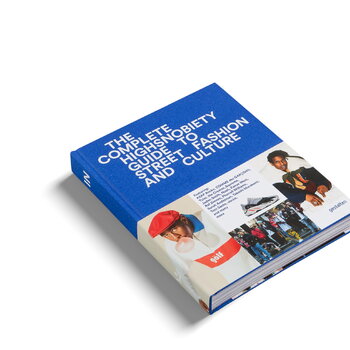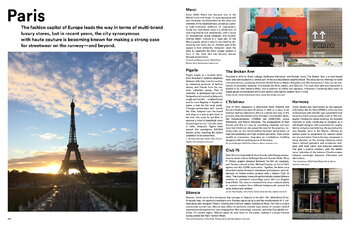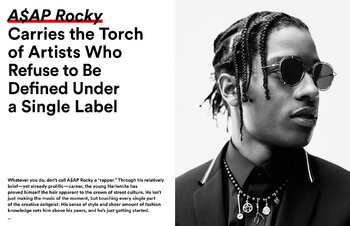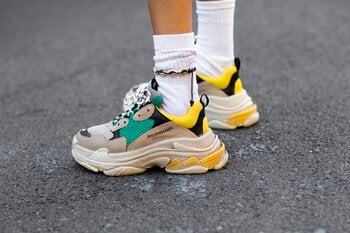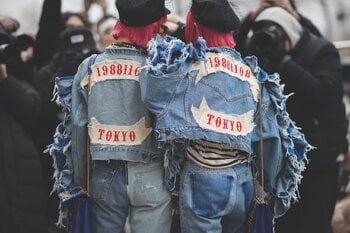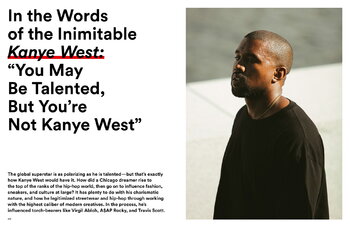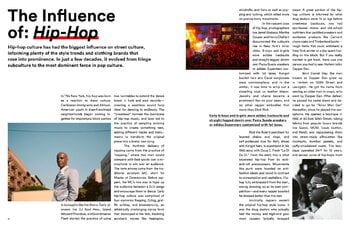The Incomplete: Highsnobiety Guide to Street Fashion and Culture, published by Gestalten, provides an overview of the creative interplay between street fashion and urban culture from the 1990s to the present day. This colourfully illustrated book is authored by Highsnobiety, a fashion and lifestyle media established in 2005 and now operating on multiple continents. The book is written in English.
Street fashion and urban culture have come a long way from humble beginnings in the ‘90s. From disparate local scenes in Japan, Europe, and the US, the youth-driven movements of hip-hop, punk, and skateboarding have finally infiltrated high fashion.
Brands are now eager to collaborate with the icons of music and art who are leading this creative crossover. Customers will stand in line for hours to be the first to own exclusive pieces designed by the likes of Pharrell Williams, Virgil Abloh, and Tom Sachs.
Based in New York, Berlin, and Tokyo, lifestyle publication Highsnobiety is at the forefront of this global phenomenon. The Incomplete immortalizes the stories of brands ranging from Supreme to COMME des GARÇONS. Alongside the most influential designers and tastemakers, Highsnobiety highlights the pieces and brands in men’s fashion which have stood the test of time.
